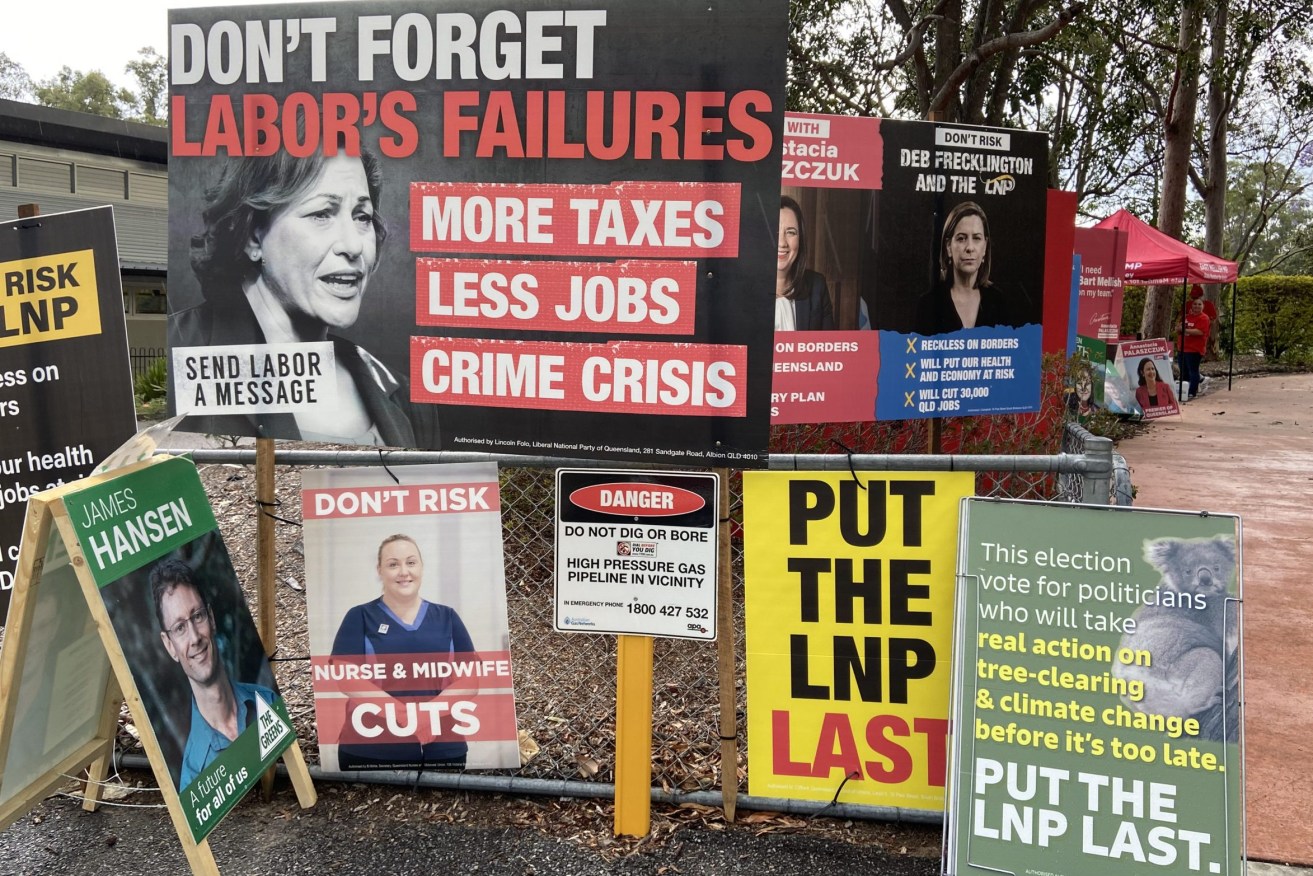Money for spam: One in three MPs get boost in electoral perks
A surge in voter registrations has prompted the Remuneration Tribunal to give MPs more money to look after them.

Why do election candidates rarely look like the people on their corflutes. (File image).
In a determination made on Monday, but backdated to January 1, the independent tribunal has given 36 of the 93 MPs in parliament a higher Electorate and Communication Allowance. By coincidence, first-term MPs are the big winners, and can now use the extra money to try to hold their seats at the next election.
The allowance is intended to be used by MPs to help constituents, run electorate offices and distribute information on their work. It is paid at one of four separate rates, which vary depending on the number of constituents and size of the electorate, and is separate to the MPs’ base salary of $159,122.
Last year, the tribunal allowed MPs to hold on to any unspent portion of their allowance to use in the lead-up to the October 31 election. That led to more pre-election mail-outs and advertising, in addition to the major parties’ push for postal votes, with people living in marginal seats targeted the most.
After the flurry of electoral activity resulted in another 67,760 names being added to the electoral roll, the tribunal decided to pay more MPs at higher rates: the number of MPs paid the lowest rate, $89,200, has fallen from 22 to eight, while the number paid the highest rate, $95,200, has doubled from 12 to 24.
That means the overall cost to taxpayers has now increased to $8,613,300 each year because no MPs will receive any less under the determination.
The eight MPs whose electorate allowances have been shifted to the highest rate include four first-termers: Labor MP Ali King in Pumicestone, Labor MP Jason Hunt in Caloundra, Greens MP Amy MacMahon in South Brisbane, and Labor MP Lance McCallum in Bundamba, which he won in a by-election early last year.
The eight electorates on the lowest rate include the safe Labor seat of Stretton, held by backbencher Duncan Pegg, who has taken indefinite leave from parliament due to ill health. Pegg has effectively retired but no date has been set for the by-election because he has yet to formally resign.
The tribunal will next assess whether the allowances themselves, and the four different rates, need to change. The allowances increased last year, when the tribunal decided to defer any MP salary increases for up to four years.












